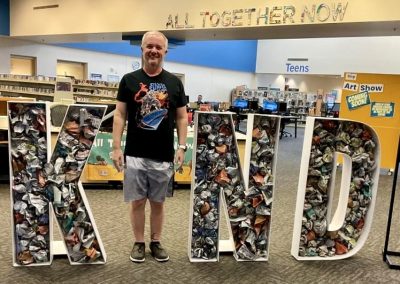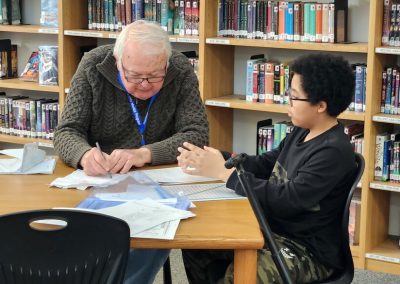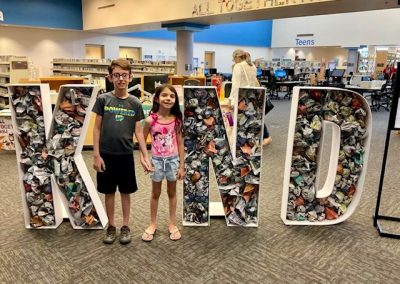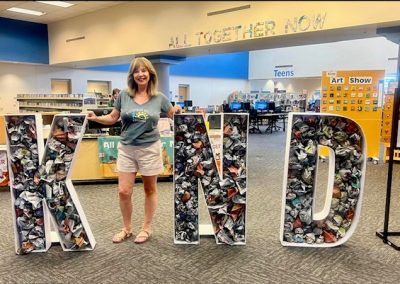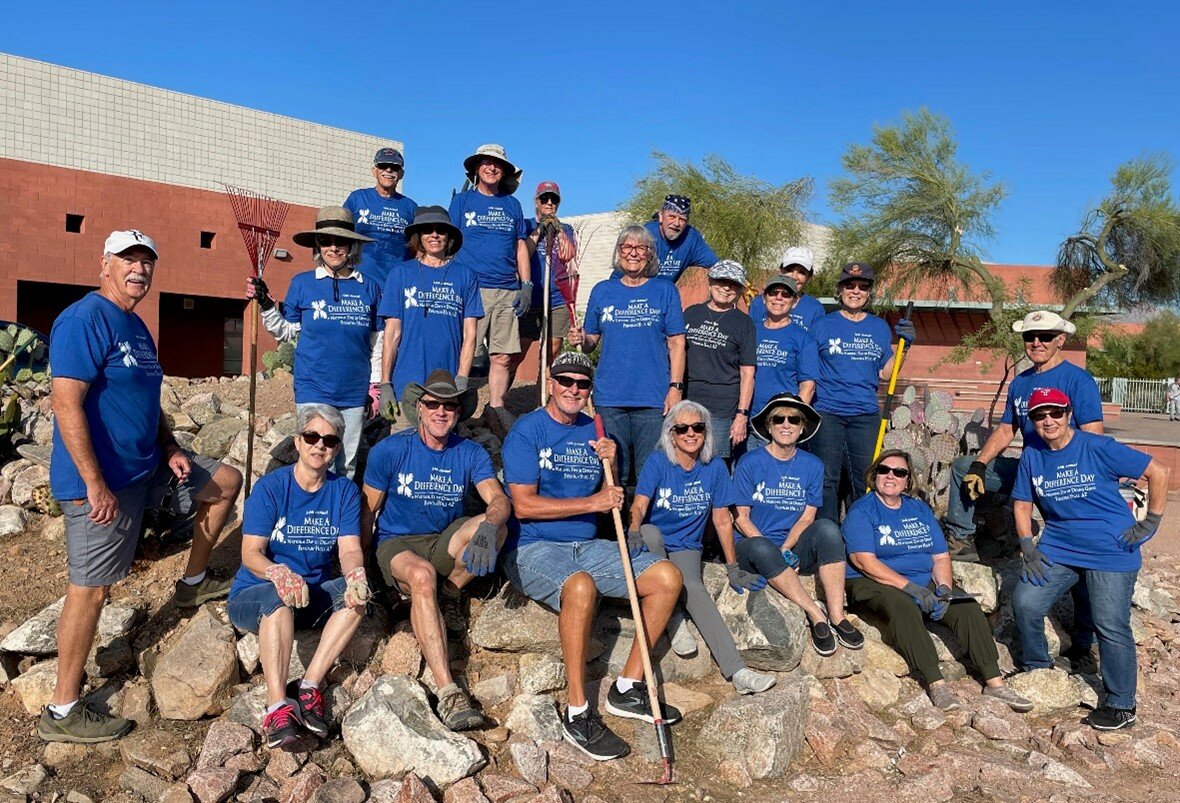
Promoting a Culture of Kindness
The last, but certainly not the least, of Flourish Fountain Hills’ Guiding Principles is: “Promoting a culture of acceptance and kindness where all are made to feel welcome, safe, and appreciated.”
Fountain Hills has long been recognized as a safe place where newcomers are welcomed and residents feel both safe and appreciated. Acceptance and kindness are characteristics of a healthy community.
Kindness is good for a community and for the people who live there. Kindness improves a person’s mental and physical health. A simple act of kindness can relieve pain, control anxiety, manage stress, and enhance relationships.
The medical literature refers to the feeling of warmth and well-being we experience when we perform an act of kindness as the “helper’s high.” When we are selfless, generous, and giving our brains reward us by releasing oxytocin and dopamine, the “feel good” hormones. When we are the recipient of an act of kindness we are similarly rewarded. It makes us happy when we are kind to another person and when another person is kind to us.
Given the communal, physiological, and psychological benefits why does it seem that our community has become less accepting and less kind?
The answer may lie in our increasingly fraught political and social environment.
Some of our politicians do not accept and instead demean those who are “’different” and who do not share their political or religious beliefs. Councilmembers Skillicorn, Toth, and Friedel have mocked and degraded members of the LGBTQ community. Skillicorn continues to demean the homeless and demonize immigrants. Councilmember Friedel has attacked and ridiculed people based on their ethnicity and religion. Arpaio has made a career out of engendering fear and hatred of immigrants.
It is apparent that since the emergence of the political action committee, ROT, two years ago, politicians and elected officials feel emboldened to not only be unkind, but to be cruel. Our culture of acceptance and kindness has been undermined by ROT and the candidates it has, and is currently, supporting.
Apparently emboldened by the politics of fear and resentment introduced by ROT, two leaders of our community churches have embraced the culture of cruelty. Keith Pavia, the pastor of Christ’s Church of Fountain Hills, Tony Pierce, the pastor of Cornerstone Family Church, and Clayton Wilfer, the pastor of JOY Christian Community Church appear to be engaged in a contest to see who can do more to undermine the culture of acceptance and kindness. These religious leaders, who purport to be guided by Christian principles, have raised the specter of eternal damnation and repeatedly employed dehumanizing rhetoric to convince their followers to hate and fear those who do not share their beliefs.
How do we promote a culture of kindness and acceptance?
ENGAGE
We can find and engage with others who may not share our social, political, or religious beliefs but who are committed to creating a culture of acceptance and kindness. To form a diverse “kindness coalition” we must be prepared to leave the comfort of our “information echo chambers” and the comfort of our established social circles. We will need to open our minds, accept our differences, and find a common ground in the value we place on acceptance and kindness.
EXPOSE
We can expose and condemn community “leaders” who demean and dehumanize others with the intent of advancing their own interests through the formation of polarized tribes. Politicians need votes. Pastors need parishioners. If we let these “leaders” know through social media, letters, telephone calls, and public meetings that we will not tolerate the culture of cruelty and division they promote, they will be compelled to change or leave.
EMBODY
We can embody kindness in our interactions with and acceptance of others. We can perform random acts of kindness. We can recognize and honor those who, through their service to others, make our town a kinder and more accepting place to live.
Going Forward
In the weeks to come we will be making suggestions about how you can help to promote a culture of acceptance and kindness in our town.
We will make recommendations for events that you can attend or organizations you can join or support to engage.
We will expose those community leaders who are undermining and seem intent on destroying our culture of kindness and acceptance.
Finally, we will identify and honor individuals and organizations that embody kindness and acceptance to give them the recognition they deserve.
If you have information or suggestions that will help us promote our goal, please reach out to us by sending an email to: flourish.fountainhills@gmail.com
According to Professor Lowe maintaining civility in the public square is particularly challenging in a democracy, like ours, where there is wide ethnic, cultural, religious and ethnic diversity and an expectation that each citizen’s voice will be heard. Professor Lowe challenged the assumption that a democracy avoids dissatisfaction with government because each citizen is empowered. Professor Lowe went on to say that citizens of a democracy are less likely to be satisfied with government because empowerment is not power. To gain the power to elect officials who will establish policy it is necessary to form a majority by compromising with others who have dissimilar interests. To form a majority, it is necessary to persuade and to allow yourself to be persuaded.
Professor Lowe did not have any concrete suggestions for what we can do to maintain civility in these fraught times. He was careful to point out that civility is not achieved by “being nice” or polite. Rather, civility is achieved by recognizing our interdependence and collective interest in discovering common ground. In our search for this illusive common ground, professor Lowe urged the attendees to: engage in reasoned arguments; recognize that there is a distinction between knowledge and opinion; be open to information that may affect our opinions; and accept the limitations of institutional processes that are inherently incapable of pleasing all of the people all of the time.

